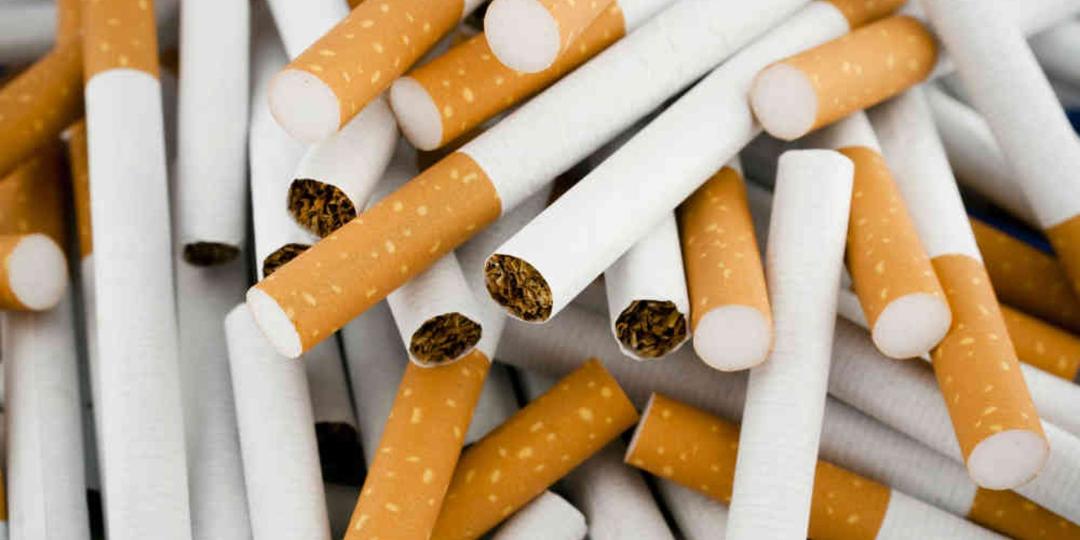South Africa is facing a potential inflection point towards a mafia state as organised transnational crime, including the illicit trade in goods - from sugar and flour to cigarettes, alcohol and fuel - surges.
Global Initiative Against Transnational Organized Crime (Giatoc) representative, Mark Shaw, highlighted the latest research into transnational organised crime at a Consumer Goods and Services Council webinar on Thursday. Giatoc is a think tank that was formed by a group of law enforcement officers who believe that there is insufficient strategic global response to the problem.
According to Giatoc, there are three types of illicit trade taking place, including goods that are acquired legally and sold illegally, such as sugar, flour, cigarettes, alcohol and fuel; the market for grey goods; and outright illegal trade.
“Sugar is sold over the border between Kenya and Somalia to avoid duties and taxes - and in the middle category is a group of (grey) poorly regulated markets bypassing regulations or where there is weak enforcement. Good examples in South Africa are the taxi industry, alcohol, cigarettes, and some types of drugs,” he said.
Goods that are sourced and sold illegally by organised syndicates include guns, wildlife products, cigarettes and drugs, which often involve high levels of violence and crimes such as armed robbery, kidnapping and extortion.
“It generates high profits and high levels of violence,” he said.
Shaw said these crimes had increased in South Africa between 2019 and 2021, according to the latest research.
“Generally, policy prescription is to move things out of the illegal space into the regulated space, and when things are deemed illegal, the reality is that organised crime makes more money and the underground economy grows. For example, during Covid-19, making liquor an illegal commodity fed the proceeds of organised crime,” Shaw said.
“Organised crime grows when there is accumulated criminal capital, globally. Criminal groups accumulated capital during the period of Covid, when there was context or expertise (shared) between different suppliers in different parts of the global market. Expertise is in moving illicit goods, or related to several criminal activities, including violence over control of geographic territory,” Shaw said.
“Criminal groups are always looking to expand their markets to a variety of other commodities, and protection markets develop, primarily within states, for the payment of state actors to protect criminal markets. This is the process under way in SA; there is a consolidation of criminal markets and the elimination of some groups,” he said.
In SA, for example, the theft of fuel from oil pipelines would be an example of protection rackets.
“As organised crime grows in this trajectory, what is generally seen is the fusing of crime, politics and business,” he said.
According to the report, SA is now almost on a par with Italy, Columbia and Mexico, as its peers in relation to organised crime.
Judge Dennis Davis, chairperson of the Davis Tax Commission, said he was “vexed” by the Giatoc report which suggested that SA had the potential of becoming a mafia state.
“Not a day goes by without me getting a call from one or other industry saying their businesses are being vitally affected by the illegal trade coming into the country, whereby no tax is paid and no customs is paid, and the illegal component is taking over from the legal component,” he said.
Davis added that the country was at an inflection point regarding how it should deal with the threat of mafia elements - and the solution would be to get Sars, the NPA and police in alignment and properly resourced to fight organised crime.
“Unless there is political will to curb rent seeking, which has been going on before and through state capture, I worry the illicit economy will continue to overwhelm society. If we cannot control it then the idea of constitutional democracy is utterly placed in jeopardy,” Davis said.
Institute for Security Studies senior researcher Carina Bruwer said the country was battling with limited law enforcement resources to fight illicit trade.
“The legal industry and civil society need to see how we can be more resilient to deal with illegal trade,” she said.
Liquor Traders Association convener Lucky Ntimane concurred, saying the illegal liquor trade had surged during the Covid-19 lockdowns and was now an estimated R20-billion-a-year trade that comprised 12% of the market.
“I don’t see how we are going to stop this unless our liquor manufacturers work together. In KwaZulu-Natal, people are dying daily due to consuming counterfeit alcohol and people are scared to report these guys because they are the people behind known gangs,” Ntimane said.
CGSA CEO Zinhle Tyikwe said illicit trade was a challenge for its members and it had launched an anonymous tip-off hotline where the public can report suspected cases of illegal trade.
“The problem is that our societies are not frowning upon illicit goods. They feel that it is a bargain because that’s embedded in our DNA,” Tyikwe said.
Consumers can report counterfeit goods and illicit trade to the CGCSA hotline on 0800 014 856.













